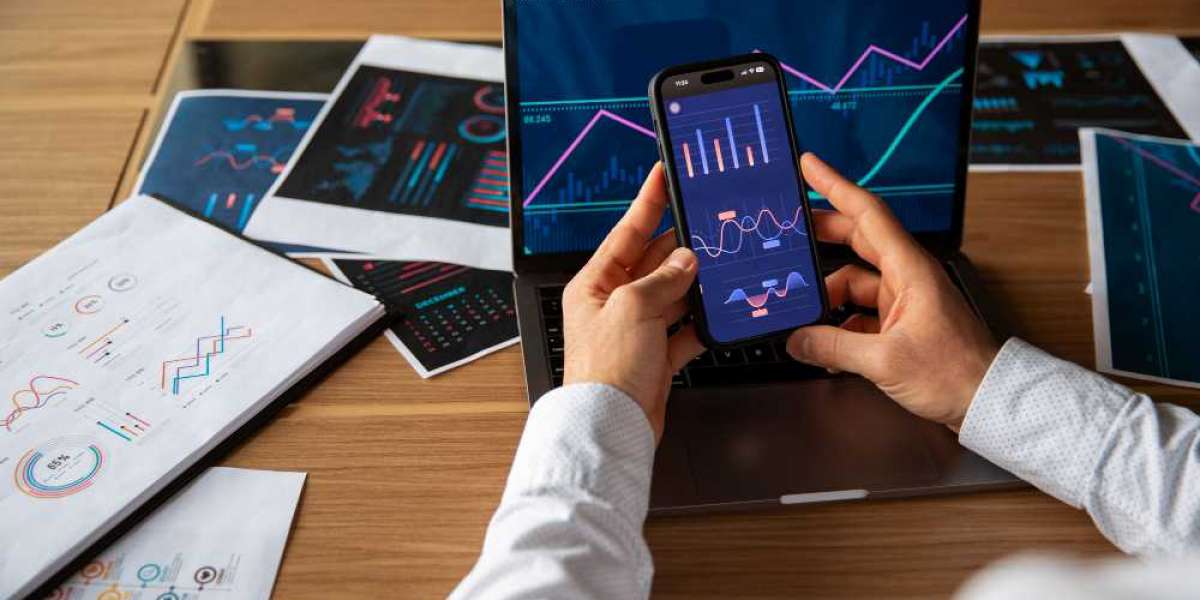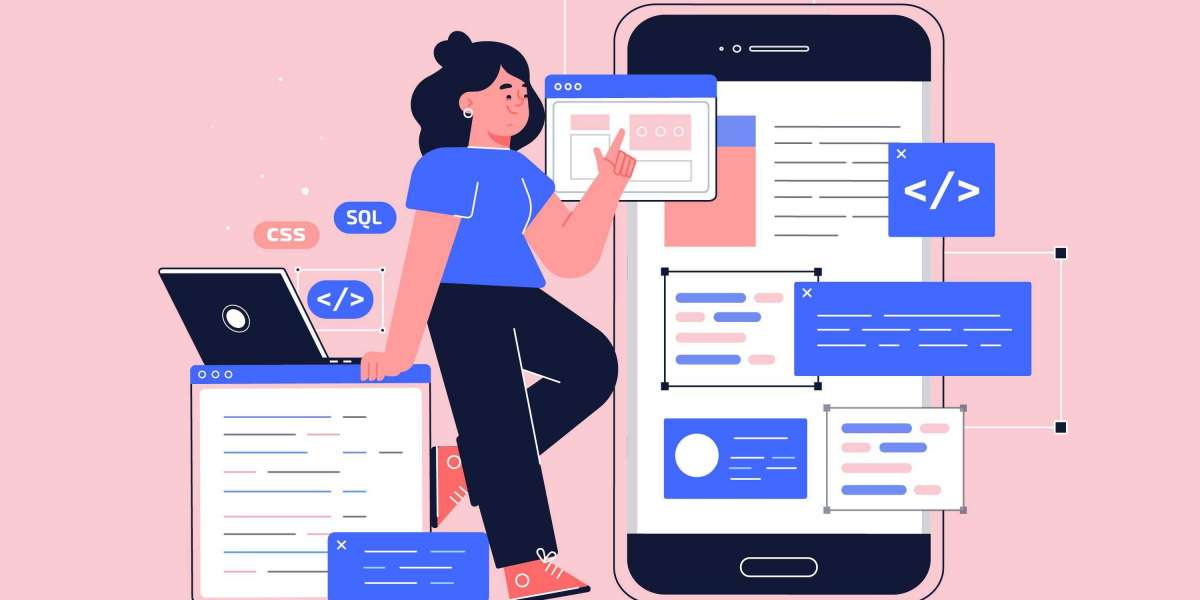In the rapidly evolving landscape of modern healthcare, technology plays a pivotal role in transforming how individuals manage their well-being. One of the most significant advancements in recent years is the proliferation of healthcare apps. These applications are designed to empower users to take control of their health, providing a range of features from tracking vital signs to accessing personalized medical information. In this blog, we will explore the various aspects of healthcare apps, their impact on patient care, and the potential they hold for the future of healthcare.
- Empowering Patients:
Healthcare apps serve as valuable tools for empowering individuals to actively participate in managing their health. These apps enable users to monitor various health metrics, such as heart rate, blood pressure, and physical activity, in real-time. This continuous monitoring fosters a sense of awareness, encouraging users to make informed decisions about their lifestyle and habits. By putting health-related data at their fingertips, individuals can take proactive steps to prevent potential health issues and engage in healthier behaviors.
- Remote Patient Monitoring:
One of the most significant advantages of healthcare apps is their ability to facilitate remote patient monitoring. This feature is particularly crucial for individuals with chronic conditions or those recovering from medical procedures. Through the integration of wearables and connected devices, healthcare apps allow healthcare providers to remotely track patients' vital signs and adjust treatment plans accordingly. This not only enhances patient convenience but also reduces the need for frequent hospital visits, improving overall healthcare efficiency.
- Medication Management:
Adherence to medication is a critical factor in managing various health conditions. Healthcare apps address this challenge by offering features that help users keep track of their medication schedules. These apps can send timely reminders, provide information about drug interactions, and offer insights into potential side effects. Improved medication management contributes to better treatment outcomes and minimizes the risk of complications arising from non-compliance.
- Access to Personalized Health Information:
Healthcare apps provide users with personalized health information based on their medical history, lifestyle, and preferences. This information can include diet plans, exercise routines, and preventive care recommendations tailored to the individual's specific needs. By delivering targeted health advice, these apps empower users to make lifestyle choices that align with their unique health goals, fostering a more personalized and effective approach to healthcare.
- Telehealth Services:
The integration of telehealth services within healthcare apps has revolutionized the way individuals access medical care. These virtual consultations enable patients to connect with healthcare professionals from the comfort of their homes, reducing the need for physical visits to healthcare facilities. Telehealth services not only enhance accessibility to medical advice but also play a crucial role in improving healthcare outcomes by facilitating early intervention and timely medical attention.
- Health Data Security and Privacy:
As the use of healthcare apps becomes more widespread, concerns about the security and privacy of personal health data have come to the forefront. Developers and healthcare providers are increasingly focused on implementing robust security measures to protect sensitive information. Encryption, secure authentication processes, and compliance with data protection regulations are essential components in ensuring the confidentiality of users' health data.
- Challenges and Future Prospects:
While healthcare apps have made significant strides in improving patient care, challenges remain. Issues such as interoperability, data standardization, and ensuring the accuracy of health information are areas that developers and healthcare providers are actively addressing. As technology continues to advance, the future of healthcare apps holds promise for even more sophisticated features, including artificial intelligence-driven diagnostics, predictive analytics, and enhanced integration with electronic health records.
In conclusion, healthcare apps have emerged as transformative tools in the realm of healthcare, offering users the means to actively participate in their well-being. From empowering patients and facilitating remote monitoring to providing personalized health information and enabling telehealth services, these apps are reshaping the way individuals engage with their health. As technology continues to evolve, the potential for healthcare apps to further revolutionize patient care and contribute to more efficient and personalized healthcare experiences is vast. The integration of these applications into our daily lives marks a significant step forward in the pursuit of a healthier and more connected future.
Lastly, if you are an owner of an app and want to list it on the top of the list on our website, you can visit Mobileappdaily.








